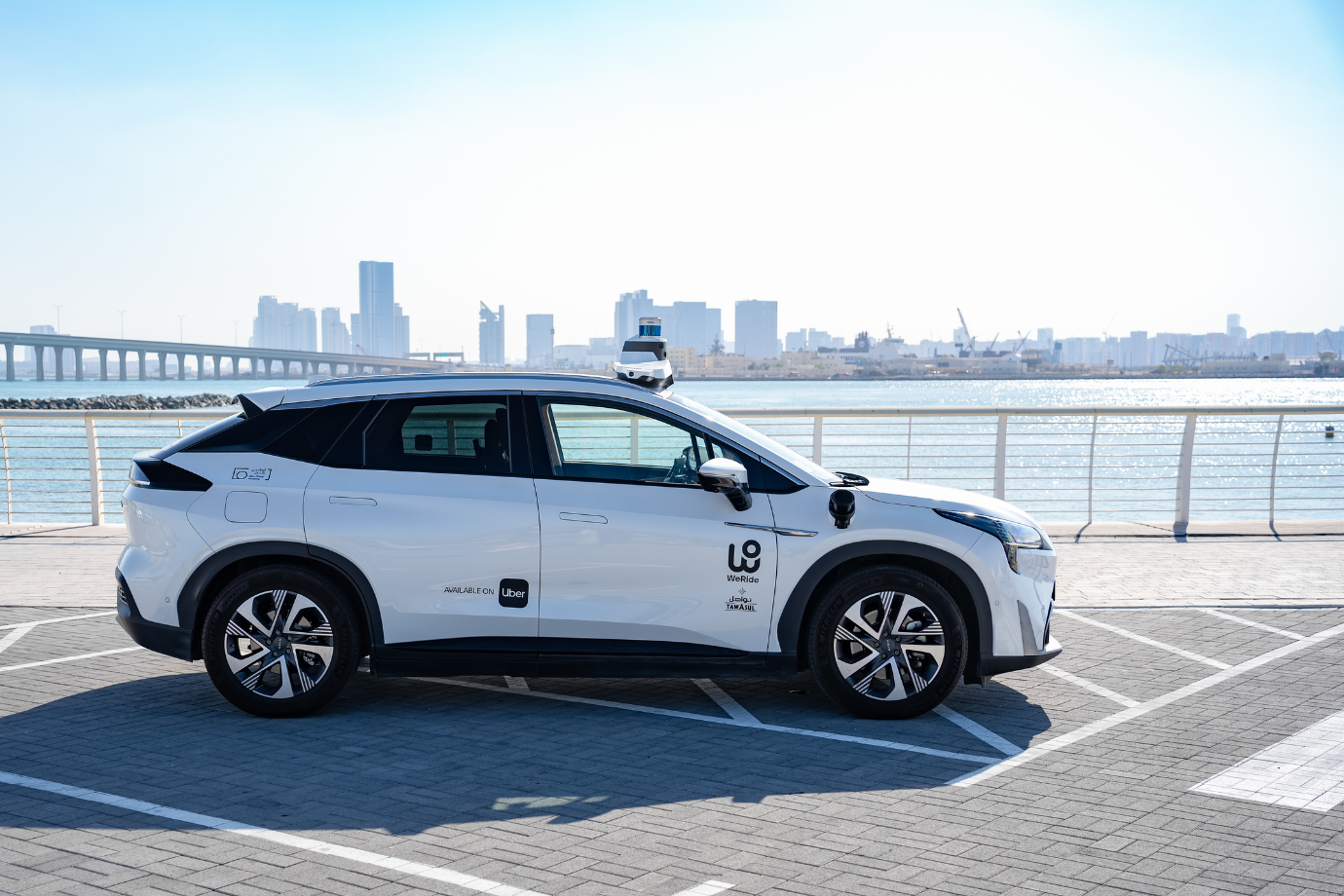UAE Launches AI Curriculum in Schools from 2025

The United Arab Emirates (UAE) has taken a big step in education. The Ministry of Education confirmed that Artificial Intelligence (AI) will be taught in all public schools starting from the 2025–2026 academic year. This makes the UAE one of the first countries in the world to include AI in its national curriculum for students from kindergarten to Grade 12. The goal is to prepare students for a technology-driven future and give them skills that match the needs of the modern world.
AI as Part of Group B Subjects
The new AI subject will be part of Group B subjects. This group already includes Creative Design, Technology and Innovation (CCDI), Visual Arts, Music Education, Entrepreneurship, Physical and Health Education, Academics, a Third Language, and Health Sciences. By adding AI here, the Ministry shows that it is an important part of creativity, innovation, and overall student development.
No Exams – Only Practical Projects
The Ministry made it clear that AI will not have written exams. Instead, students will work on practical projects. These projects will help them learn how to use AI safely, ethically, and responsibly. The focus is on real-world use, creative thinking, and problem-solving. This makes learning AI more fun, engaging, and useful for the future.
How the Curriculum Will Be Taught
The teaching plan for AI will be flexible. Students in cycle one and cycle two (younger grades) will have AI classes once every two weeks. Students in cycle three (older grades) will have one class every week. This way, lessons are age-appropriate and match the learning level of each group.
Committee to Oversee Implementation
To make sure the curriculum is taught properly, a special committee has been formed. This committee will track how the program is delivered, check that it meets global standards, and ensure that the goals are achieved. The main aim is to prepare students who are confident in using AI tools for both their studies and future careers.
1,000 Teachers Trained to Teach AI
The Ministry has trained 1,000 teachers who will teach AI across public schools. These teachers went through special training programs to understand AI and how to teach it in simple, engaging ways. They are ready to use modern and interactive methods that make AI lessons clear, easy, and exciting for students.
AI for All Grades: Kindergarten to Grade 12
What makes this initiative unique is that AI will be taught to every grade level. From kindergarten to Grade 12, students will learn AI step by step. Younger children will start with basic concepts, while older students will dive into more advanced topics. By graduation, students will have strong knowledge and hands-on experience that will prepare them for future careers.
Key Features of the New AI Curriculum
The new subject will cover different aspects of AI in a structured way:
- Stages of Teaching: Content designed for each age group, moving from simple to advanced topics.
- Curriculum Content: Includes computing, data, algorithms, applications, ethics, and real-life uses.
- Teacher Training: More than 1,000 teachers trained to deliver AI lessons.
- Integration with Current Curriculum: AI included alongside existing subjects like computing and innovation.
- Curriculum Goals: Help students see AI as a useful tool in life and work, while teaching them to use it responsibly.
Preparing for the Future of Work
The Ministry explained that the AI curriculum is part of preparing students for the Fourth Industrial Revolution. By learning AI, students will gain the future skills needed to succeed in a world that is changing quickly because of technology. This program also supports the UAE’s plan to stay globally competitive and to lead in education and innovation.
How AI Improves Education
The new curriculum will also show students how AI can be used in education. Some of its applications include:
- Personalized Learning: AI can adjust lessons based on each student’s strengths and weaknesses.
- Time Saving: Teachers can use AI tools to manage tasks, giving them more time to focus on teaching.
- Data Insights: AI can help teachers and schools see patterns in student performance and improve learning methods.
- Interactive Learning: Students can use AI-based tools and simulations to make complex ideas easier to understand.
These applications will not only improve teaching but also help students see how AI is already shaping education worldwide.
Why This Matters for the UAE
Adding AI to the curriculum shows the UAE’s vision for the future. It is not only about preparing students for jobs but also about building a knowledge-based economy. By teaching AI from an early age, the UAE is creating a generation of skilled, responsible, and innovative thinkers. This move strengthens the country’s position as a global leader in digital transformation and advanced learning.
The Road Ahead
The first AI classes will begin in the 2025–2026 school year. The impact of this program will grow over time, shaping the future of education and the workforce in the UAE. Students will graduate with strong digital skills, creativity, and ethical awareness.







